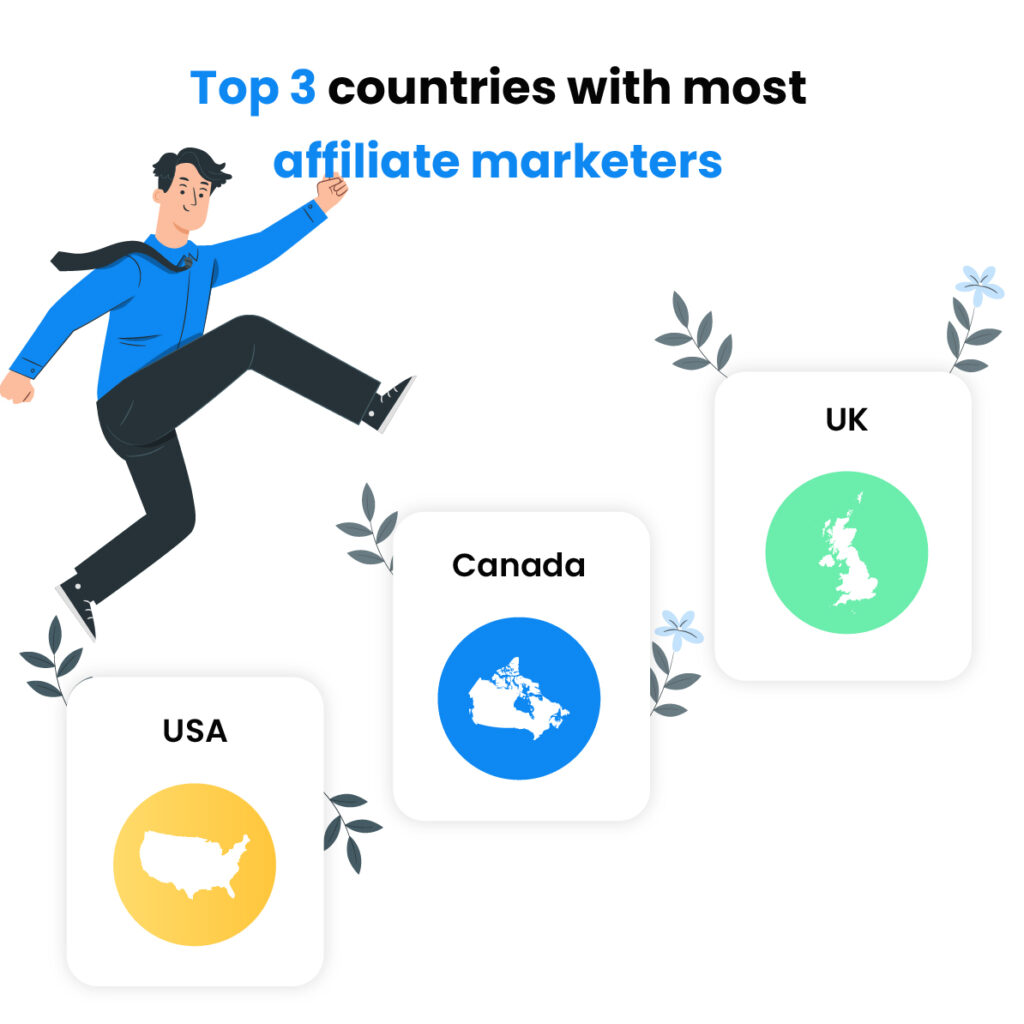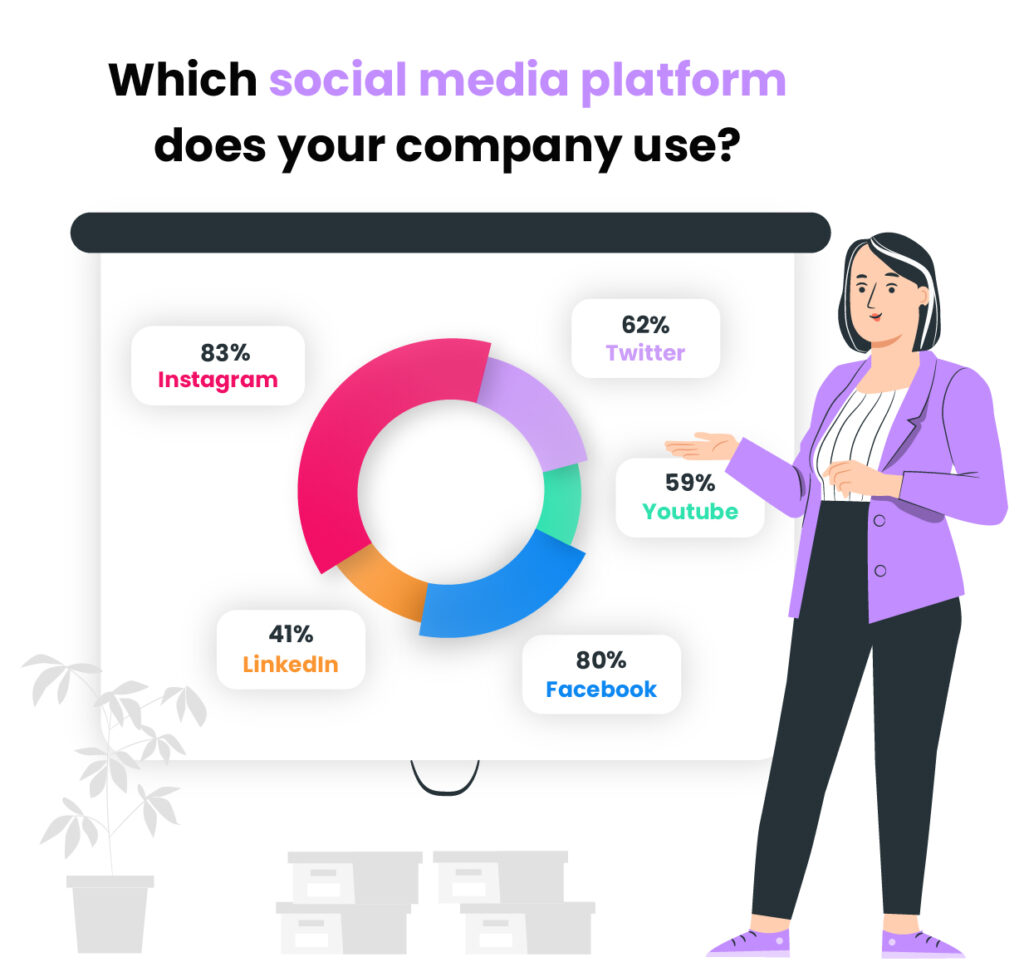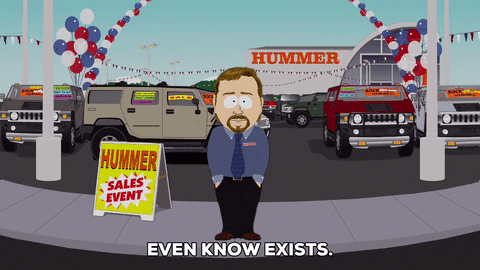
Top 20 Affiliate Marketing Conferences in the Asia
Affiliate marketing is leading in e-commerce. Check here to read about the upcoming affiliate conferences in Asia this year.

Discover the top 10 essential things to know when starting out in affiliate marketing, from timing and audience understanding to authenticity and leveraging technology.
When I started out in affiliate marketing, I had a hard time making the first sale. I had years of experience as a programmer, in search engine optimization, setting up websites, and with SEM. Working as a publisher was new territory. All of the websites I had worked with in the past owned the products they sold. A few had affiliate programs of their own. Although I had a few affiliate links on my website, I had never truly dedicated any serious time to being a publisher.
When the economy took a downturn and several of my consulting clients tightened their budgets, I decided to turn affiliate marketing into a full-time gig. I chose to focus on ticketing for concerts, sports, and theatre. Entertainment is a discretionary expenditure. It is also a form of escapism, and therefore one of the last things given up in economic downturns.
Earning the first few sales was a challenge! My experience and internet skills removed the technical barriers. However, getting people to buy tickets for sporting events and shows all over the US was still a learning experience!
I’m setting up a new niche website that will be monetized with ads, affiliate links and my own leaning materials. Here are my top priorities and lessons learned.
One common misunderstanding that corporate workers have about entrepreneurs is that we can work any time we feel like it. Successful entrepreneurs know that we tend to work all of the time, especially during the startup phase. Affiliate marketing is no different. You will have to work – or at least have some automated processes working – twenty-four hours per day until you get the timing right.
My initial ads not only failed to convert, they also didn’t deliver traffic to the landing pages. Not good! Paying close attention to my website’s analytics told me what time of day click-throughs occurred. With some experimentation, I eventually figured out what days and times earned the most clicks. After that, I adjusted the ad text until I made one sale. Just one. From there, I got to one sale per week.
Eventually I was up to six to 15 sales per day. It took time to figure out the sweet spots for selling each ticket genre. Theatregoers bought in advance. Concertgoers bought madly when ticket sales were announced, then again when the show date approached. Playoff fans bought the same night their team advanced in the playoffs.

Take the time to learn who is likely to buy your affiliate offer. I once consulted for a client who was selling luxury European travel to Americans. Their low-end trips started at around $5,000 per night. When I met them, they were running AdWords advertisements nationwide with no behavior or demographical targeting to focus the budget. This was despite the fact that their typical customer had a household income well over $250k per year along with a history of prior leisure travel. An ad dollar spent on someone making less money was a waste.
Understanding who would want to buy your offer is just as important as who can afford it. Once you have a clear understanding of who will buy, you will be able to use your analytics to adjust the timing and content.

Before I committed to making this work, my website only had a few affiliate links sprinkled on random pages. The links were not well thought out and the offers were not necessarily good matches for my website audiences. My strategy was more like a fishing expedition for stray clicks rather than a focused campaign.
Once I developed web content that matched the viewer to the type of ticket I was trying to sell, the sales picked up. I bought more domain names so I could customize the content to the performer or show. I spent long days tailoring page content and links to my audience. At one point, I had 200 websites. Two site had all of the offers on them, the rest were extremely tailored websites that sold tickets to only one specific team or show. About ten of them made 80% of the sales.
Videos are one of the best ways to tell a story or demonstrate a product. Adding video content to your landing pages also helps to make a personal connection and build trust with potential customers. Smartphone videos are perfectly acceptable as long as the images are clear and the sound quality is very good – if there is any sound at all.
Use videos to show how a product can solve a particular problem. They also add interest to a web page and increase the click-through rates in emails.

There is no such thing as too much data! The more you know about your websites and app visitors, the better you can tailor the content. Add analytics and social media tracking throughout your website. You will gain an understanding of where viewers come from, what advertising is working, and which social media channels convert best! The extra effort will save time and money.
Note: Be sure to update your privacy policy to disclose all tracking measures.
This applies to all forms of marketing. The more convenient it is for a website or app visitor to buy, the more conversions you will make. If your site is difficult the buy from including slow loading pages and tedious login pages, then take the time to get the purchase process working well before moving onto to marketing.
A metric from one of my consulting clients that told us every single click on the path to entering credit card information caused users to drop off at the rate of 25% per click! Ouch. Force your users to endure four clicks through an annoying shopping cart or registration and watch your sales plummet. Set up tracking and figure out where a website’s trouble spots are.
Now that you know where your website visitors come from, meet them where they live online. Your average twenty-eight year old is no longer using Facebook as their primary social media app. They are most likely on Instagram and one or more messaging apps.
If you are short on time or cannot afford to work with on multiple channels (organically or paid), then focus on one or two, master them and then take on another. Start with the one you are most comfortable and get confident before moving on.

Be careful of stagnating and being dependent on one channel. If a usage policy changes or worse yet, your account is banned, you could find yourself out-of-business overnight. Try to work with at least two advertising channels, for example Facebook and AdWords, to add stability and diversity to your strategy.
I have a real life friend who is “that guy.” He is a Amazon affiliate . His Instagram is 100% product shots. His Facebook page is not much better. I unfollowed him last year because I was tired of all the salesmanship and he just did not strike me as authentic. There was never a single photo of him using any of these products, a helpful website post, or even a review. His social media following and I suspect his sales fail to thrive.
Do not hit your customer up for money every time you make contact. Always offer them other useful content. With event ticketing, this was super easy. I emailed concert announcement to past concert ticket buyers, posted game scores for sports fans, and tweeted the results of awards shows to theatregoers. This kept me on their minds for the next time they wanted a ticket. If I were selling something at every single touch point, I would find myself tuned out!

Technology changes and so should you. Remember those 200 websites I mentioned? Seven years ago, they were raking in cash, now they would be what is referred to as “thin content” websites. That means Google.com is no longer amused by my SEO ninja tricks and pushed my sites down a few pages in the SERPS. In response, I narrowed down my strategy and now have highly fewer, more focused websites with a lot more content.
If you are using social media or SEM stay on top of policy changes especially if you offer anything in adult categories like alcohol or gambling. Mobile-friendly design has evolved into “mobile-first.” Securing websites with SSL is now also one of many SEO ranking factors. Google tweaks their algorithm now and then, so be sure to subscribe to a few newsletters and develop a relationship with your affiliate account manager. Both can educate you about updates.

Word of mouth recommendations hold tremendous power over our buying decisions. We are more likely to buy (or not) based on the recommendations of others, even when a review comes from a total stranger. That is why influencer marketing is so effective!
Your affiliate strategy is authentic when you include content and reviews about products that you actually use and enjoy. Moreover, it will help you avoid a those thin content website!
I remember having lunch with a friend and telling him that I was now a full-time affiliate marketer . Although he did not say much, I spotted the flash of distaste flash across his face. He was a very successful brick-and-mortar businessman who was obviously not going to talk shop with someone he perceived as beneath him – yours truly.
Although I know I could have learned a lot from him, I brushed it off, sought out others who were more successful, experienced than I was, and learned all I could from them. In the end, I was a very successful publisher! I had top–selling websites and could let them autopilot themselves while taking some time off in the Caribbean.
Key things include working on timing, understanding your audience, tailoring content, implementing tracking, making the buying process easy, diversifying channels, staying authentic, and keeping up with technology trends.
Focus on data-driven decisions, tailor your offers to your audience, use multiple marketing channels, avoid being too salesy, and build authentic relationships with your followers.
Authenticity builds trust and credibility with your audience, making them more likely to engage with your content and offers, leading to higher conversions.
Staying updated with the latest technologies, such as mobile-first design and analytics tools, helps improve tracking, conversions, and overall marketing effectiveness.
Michelle is brand marketing strategist, entrepreneur, author involved in the technology industry for over 18 years. She is the founder of MetroNY, LLC, a digital marketing consultancy that specializes in the industries of social media marketing, affiliate marketing, SEO and project management.

Learn how to make your first sales, understand your audience, and grow your affiliate business with these expert tips.

Affiliate marketing is leading in e-commerce. Check here to read about the upcoming affiliate conferences in Asia this year.

The data from your affiliate campaigns is a goldmine of information. actionable ways to optimize your campaigns, including traffic, content, offers

Discover the biggest challenges in affiliate marketing: traffic generation and trust building. Learn proven strategies to overcome obstacles and build success.
Cookie Consent
We use cookies to enhance your browsing experience and analyze our traffic. See our privacy policy.